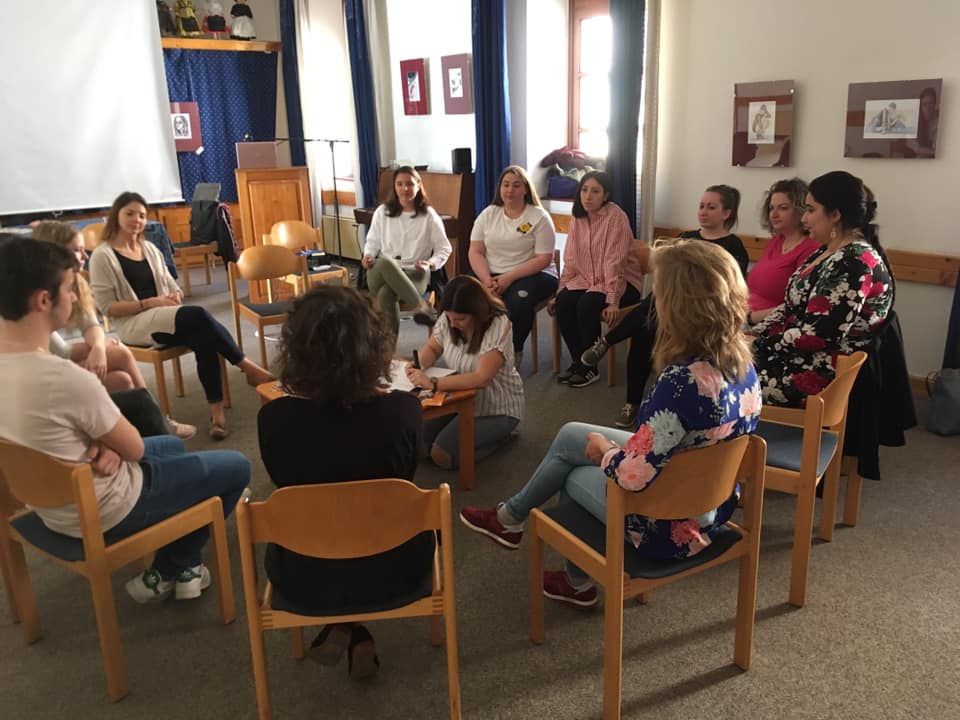A 1-day training for minorities was held on March 23, 2019 in Pécs, with the aim of bringing together representatives from the different minorities living in Hungary to kick off the development of a long-term strategy and co-operation to advocate for youth and minority rights and to tackle discrimination on local and national level together.
The training was organized in Pécs, in Baranya county, because in that county there are 11 national minorities out of the 13 Hungarian minorities. There are many minority associations in Pécs, but there are only few examples when all local minorities are coming together. Young people from the Croatian, German, Bulgarian, Ruthenian, Roma and Polish Hungarian communities were participating in the training. This training was a starting point for a long-term collaboration among minority youth groups in Baranya county and in Hungary.
The participants shared the programs and activities they run or join, organized for minorities: such as summer camps, sport activities, cultural events but they all agreed that more work on advocacy must be done. During the discussion the importance of strengthening minority culture and identity were emphasized and the basis of the network were agreed. Participants learned about stereotypes, as all participating minorities are constantly affected by them and a specific form of racism, antigypsyism was also discussed.
In the early afternoon several possible ways were shared about how a coalition can work, the following common goals were identified by the group:
- Getting to know each other and each other culture’s better;
- Encourage young people of nationalities living in Pécs to work and collaborate together by organizing joint programs;
- Networking with existing organizations, strengthening minority identity and drawing the attention of the majority society to their culture;
- Create online platforms;
- Networking and cooperation with the city administration.
In the last part of the training, participants developed concreate ideas, what they will be implementing together: monthly online minority magazine, folk-clubs, workshops about the Roma holocaust, and regular networking meetings with youth groups, organizations and local authorities.
The training was organized by RGDTS as part of the Roma Youth Voices project, funded by the Rights, Equality and Citizenship Programme of the DG Justice, European Commission.



